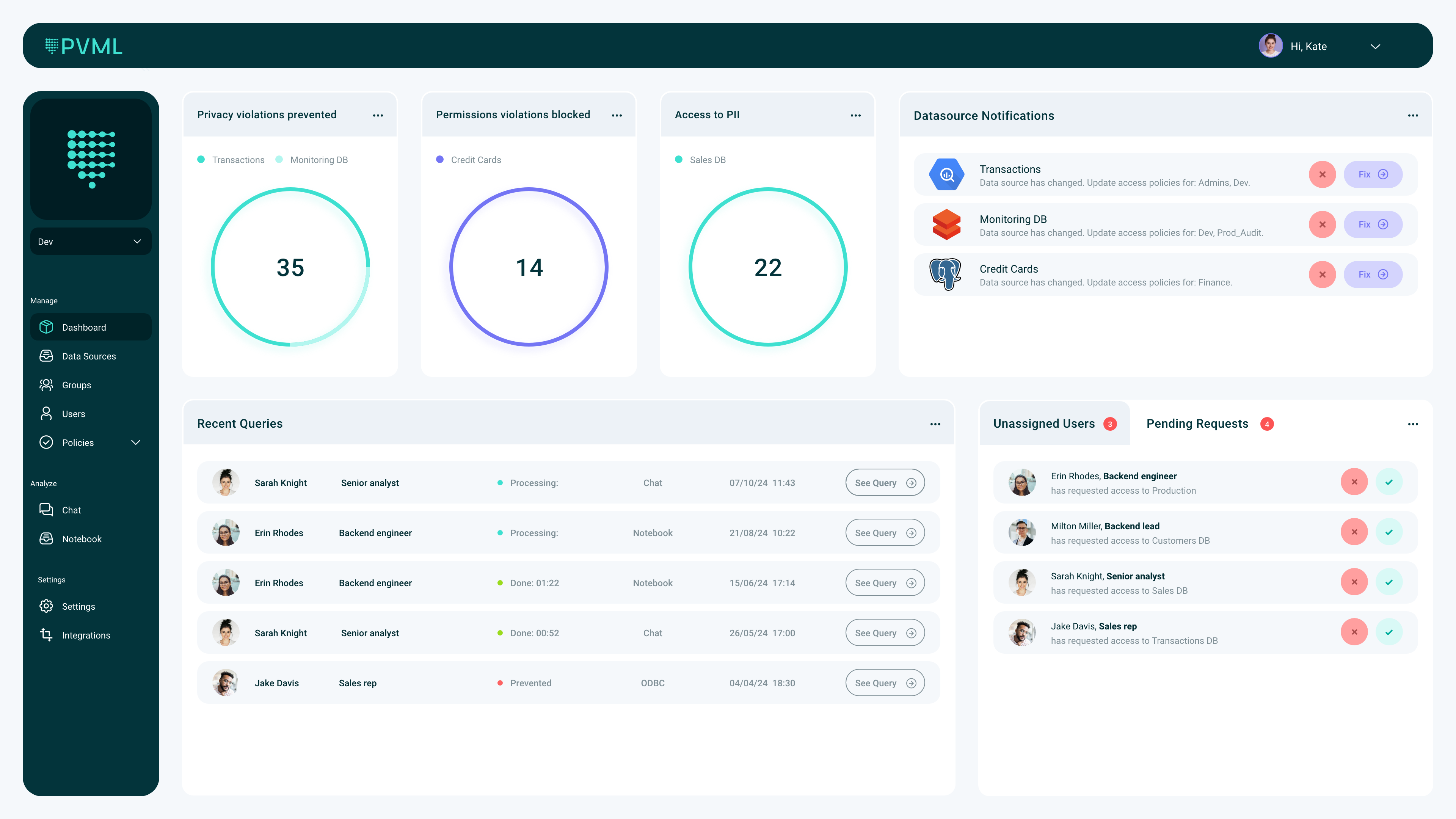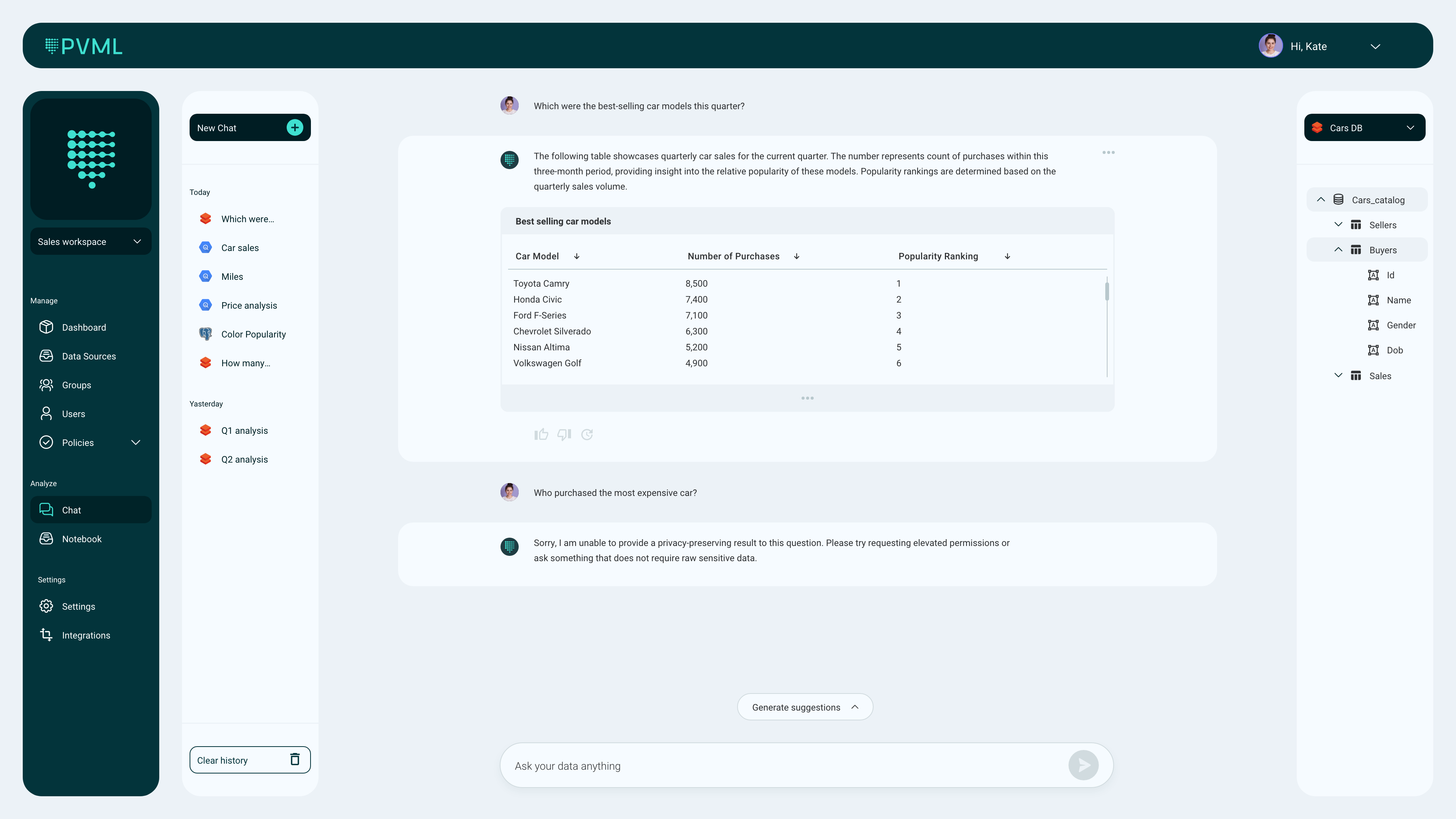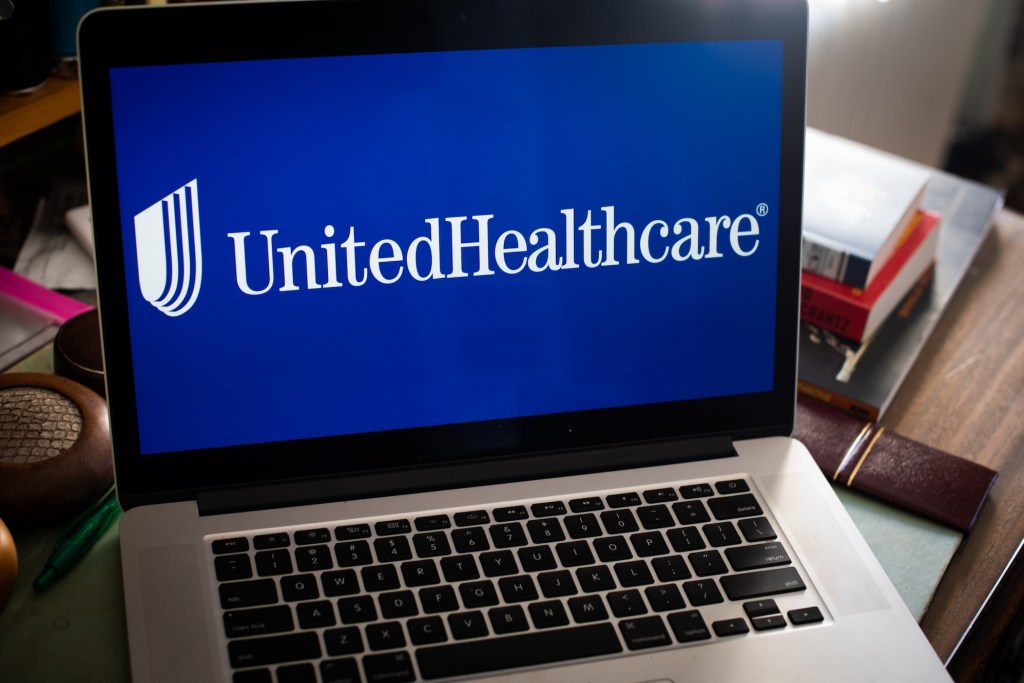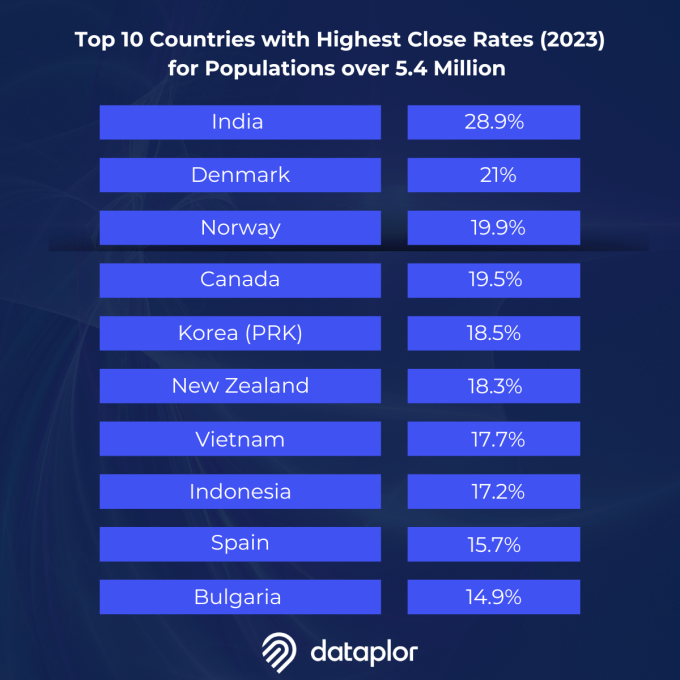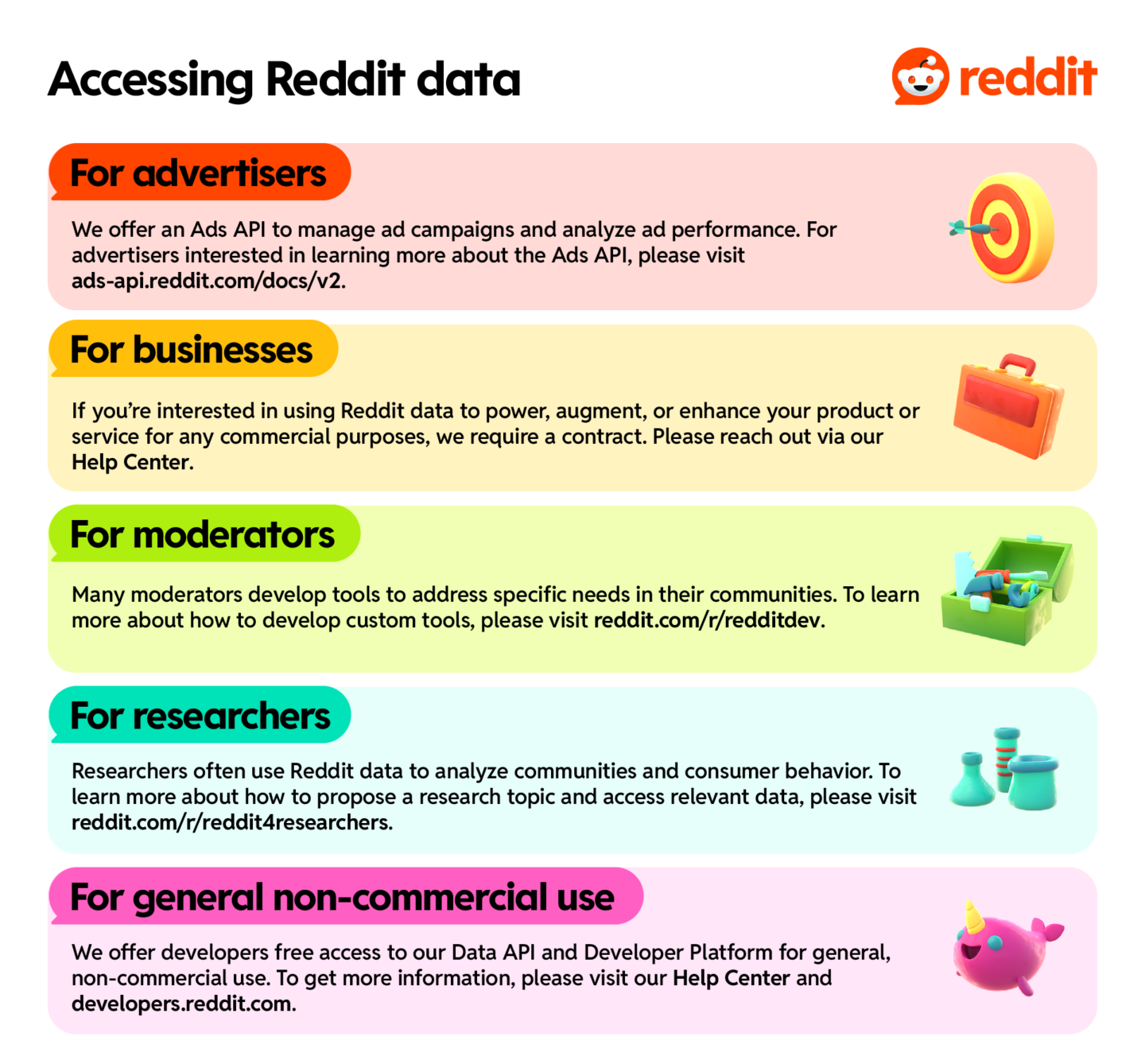
Enterprises today store and use data across an ever-growing number of applications and locations, making it challenging — if not impossible — to manage and query that data in a holistic way. That spells opportunity for startups building tools to stitch together that fragmentation, and today one of them — Observe — is announcing $115 million in funding on the heels of strong demand for its tech. The Series B values the startup at between $400 million and $500 million, sources tell TechCrunch. (Observe would not comment on the figure.)
Observe — not to be confused with Observe.AI — builds observability tools for machine-generated data that aims to break down data silos, useful for developers to understand how apps are working, being used, and potentially failing.
It was built from the ground up tightly integrated with the data-as-a-service giant Snowflake. Now, this strategic partner is becoming a strategic investor: Snowflake has joined the round alongside Series B lead Sutter Hill Ventures, alongside previous backers Capital One Ventures and Madrona.
The round is all equity, but part of it includes a conversion of previous debt that the company had raised (we covered a $50 million debt raise in October 2023). CEO Jeremy Burton said in an interview that the plan is to covert the remaining debt in an upcoming Series C.
Some further context on the startup’s valuation: while Observe would not comment on figure specifically for this story, it did note that it is “10x higher than the company’s Series A round four years ago.” Pitchbook data estimates that valuation was just under $35 million, which would make this round closer to $350 million (our sources, close to the company, say it’s in the range we list above).
What’s also worth pointing out is that the company has now raised some $205 million across different funding events. With a valuation that’s now potentially around $400 million, it means that investors own a large chunk of this company.
The major pressure on valuations, in fact, is part of the reason why Observe raised debt last year instead of an equity round: it meant no valuation haircuts.
“Two years ago, our valuation would have been $3 billion,” Burton said, a little wistfully. “Valuations have contracted hugely.”
This latest round speaks to a few significant currents in the market at the moment.
First, enterprises are very much under pressure to look for more cost-effective solutions for running their technology.
The promise of saving money is what drove enterprises to ditch on-premises software and head to the cloud en masse over the last decade, only to find themselves bedevilled by high administration and surprise-usage costs. Now the growth of platforms like Snowflake and Databricks are bringing those same complications to their data storage. Observe’s argument is that usage-based pricing can still work out to be a better way to control costs compared to an observability service that bases pricing primarily on ingested data.
Ingesting silos of semi-structured data into a unified “lake” as Observe does help cut down the time and effort — and thus cost — needed to query that data. The company charges primarily around queries rather than data ingestion, meaning companies pay for what they use.
Second, enterprises are looking to get more mileage out of their data. The main use case for Observe today is to analyze data to troubleshoot when an application is not working as it should be. Last year the company launched a generative AI tool that gives users nudges on what it can query for, and what’s coming up. That is inevitably also leading to customers using the tool for more than just troubleshooting into areas like marketing and security.
“You can also ingest security-related data or customer experience-related data,” Burton said. “In fact, we don’t care what the data is. It’s very permissive.” The company today works with third-parties to enhance that work but he doesn’t rule out native applications in these and other areas down the line.
As Snowflake continues to grow, it’s interesting that it’s choosing to invest in a partner building on its platform, rather than make a move into building (or acquiring) data observability tools to offer customers directly.
Stefan Williams, Snowflake’s VP of corporate development who runs Snowflake Ventures, said in an interview with TechCrunch that for now the company is seeing plenty of growth in its core database business. That means that a business like Observe is more attractive to it to help generate more activity on that front, alongside others in the same space. In other words, Snowflake doesn’t want to compete against or cannibalize the businesses of third parties that are driving more business and revenues to its platform overall.
“We see it as a lever to unlock new customers,” he said of the investment thesis of Snowflake Ventures. But in any event, investing in Observe becomes a tacit endorsement of it against other competitors in the space, which range from giants like Splunk through to other startups like Acceldata. “There is software and data observability. [In data,] there is nothing that competes with Observe right now,” Williams added.
The startup is not disclosing revenues but says that ARR is up 171% and net revenue retention is up 174% compared to a year ago.


